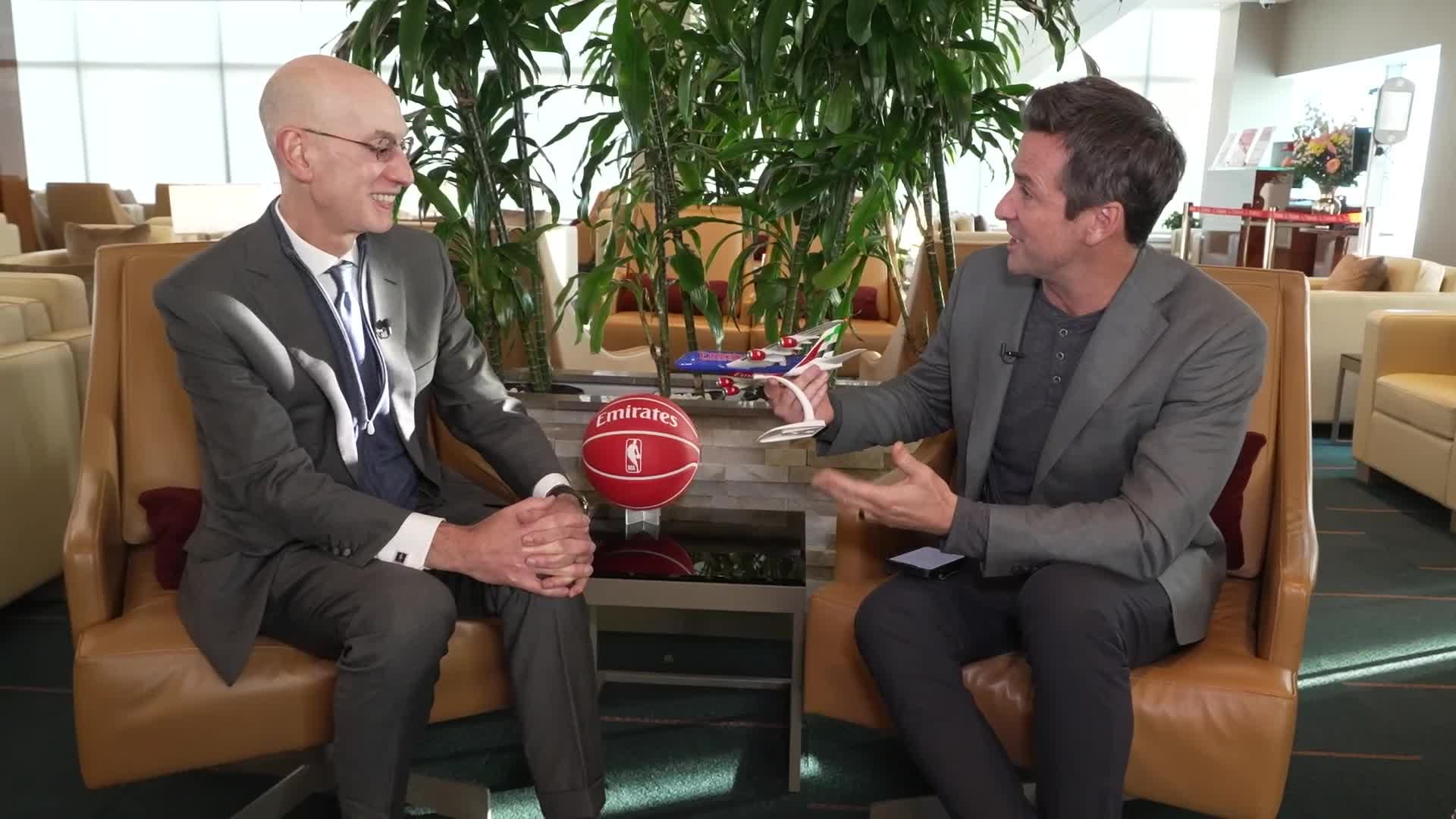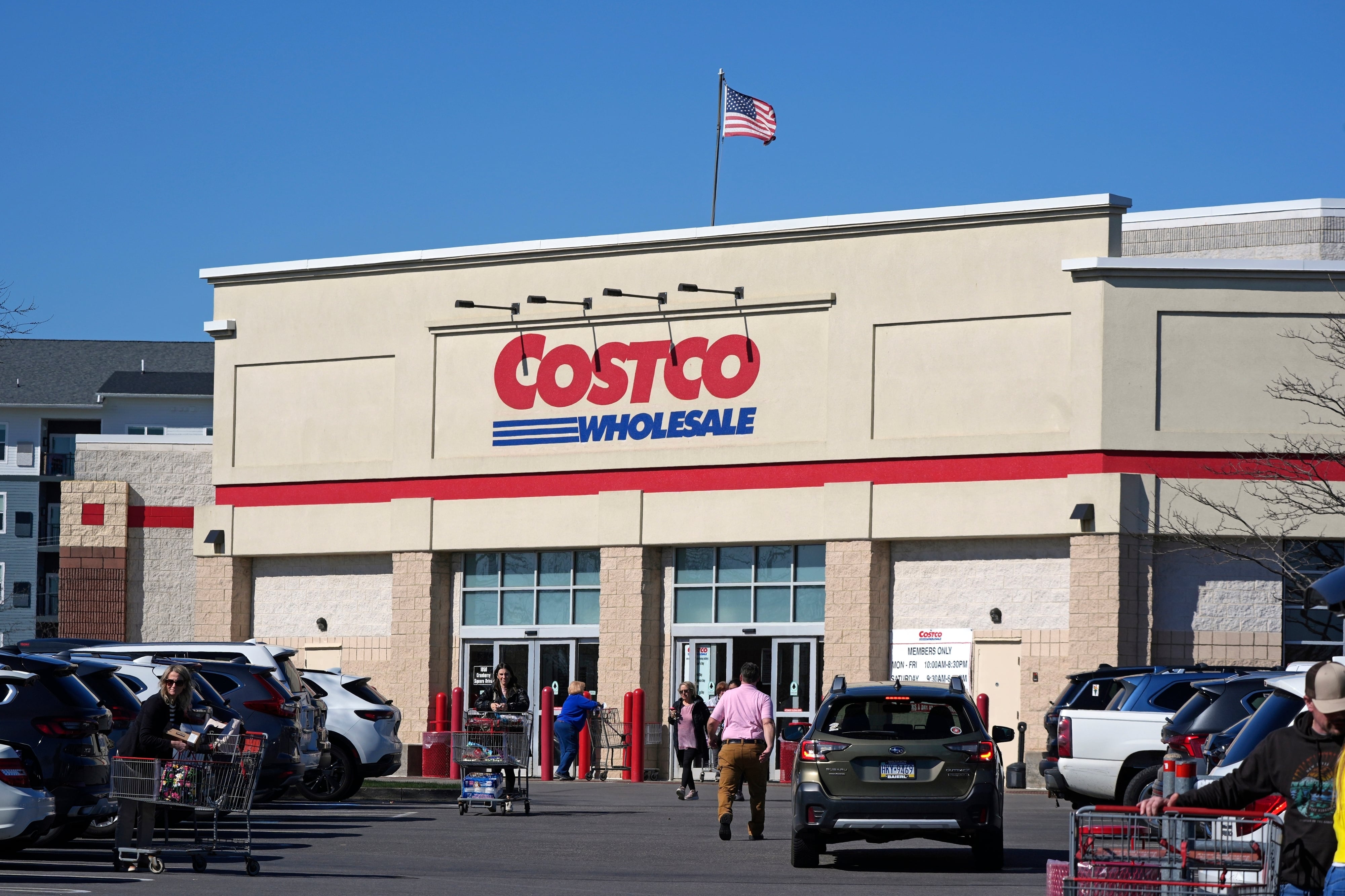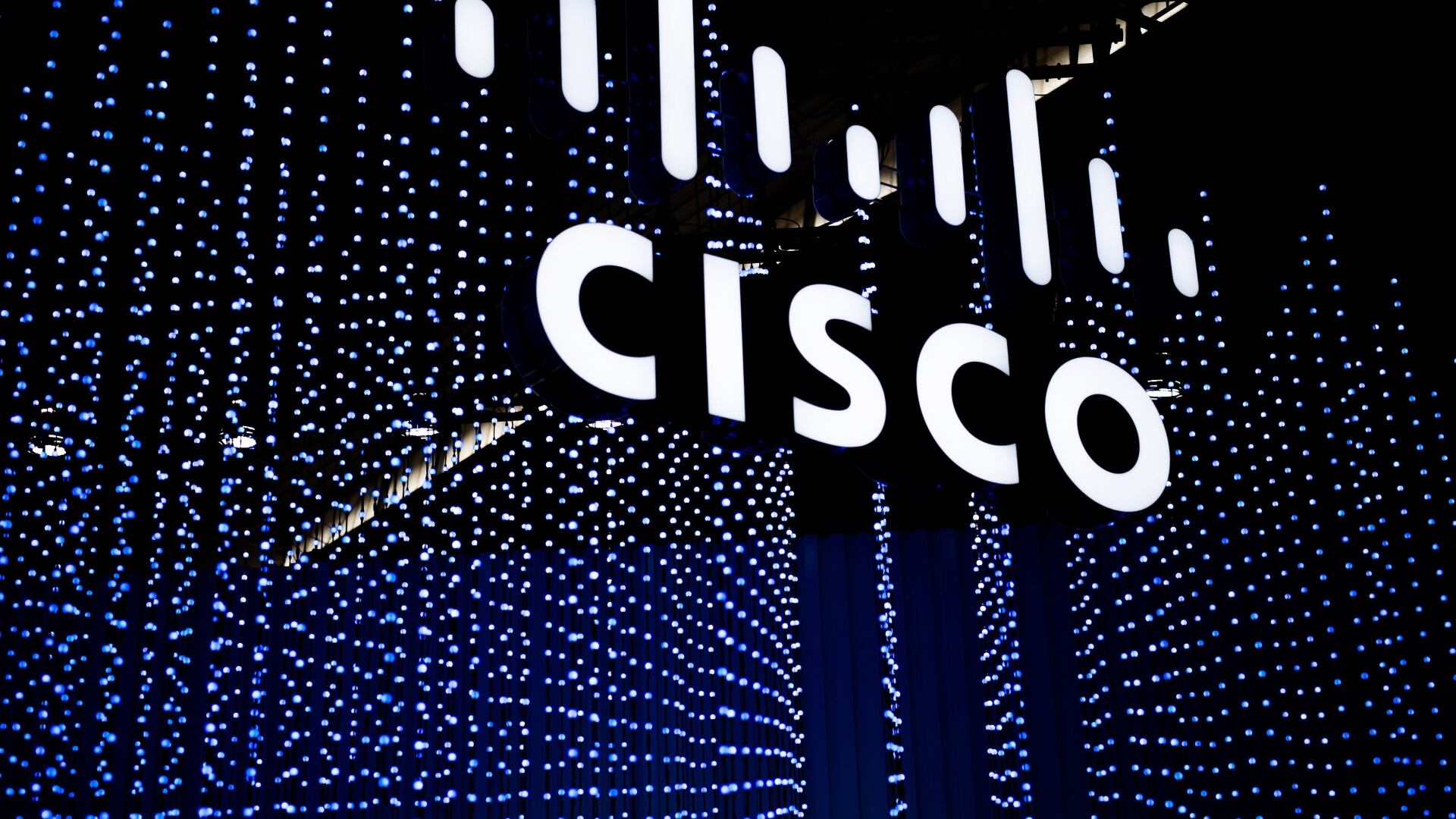When Emma Bengtsson, executive chef at Michelin two-star restaurant Aquavit, got the order in March that New York was banning all dine-in restaurant services, she thought it would a four-week maximum ordeal.
She asked her staff at the Nordic fine-dining staple to save everything they could and store it in the freezer. When a month passed by and there was no end in sight to the pandemic, Bengtsson knew she would have to find another way for her restaurant to survive.
"I thought we were going to open up again," she recalled. "I've never seen anything like this in my lifetime."
Without the ability to serve her customers in person, she's redefining her business to include takeout and delivery.
"The restaurant scene has to survive or it's going to change the heart and the core of this city," she emphasized. The quality and passion for good eats still exists in New York City but restaurants are still on the waiting list to reopen their dining rooms. It's posing a dilemma across the industry, affecting tiny pop-up spots, that can't survive on diminished capacity, to haute cuisine kitchens, which rely on their impeccable dining experience to maintain their allure.
***
If you want to eat well, there's no place like New York City.
"The beauty of this city is you find anything you want," Bengtsson said. "Any cuisine. Any culture. Any food. Anything from the smallest little burger shop hidden behind something to this massive Michelin star restaurant. New York is a destination for food."
Bengtsson's restaurant is world-renowned for its Scandinavian cuisine. Aquavit, which opened in 1987, is one of the city's 76 Michelin-starred restaurants — a source of pride for kitchens and a way to draw in foodies who crisscross the globe to "collect" stars at these highly-regarded eateries.
"A golden thread throughout everything is quality and consistency," she explained.
Aquavit won its first star in 2013, but it wasn't until Bengtsson took the reins the next year that it won two stars. She also was only the second woman in the U.S. to receive the two-star designation.
The restaurant's regular dinner tasting menu runs $115 to $225 per person, prices it can command based on the skill of the chefs, the quality of the ingredients, and the level of service. On its best days, the restaurant serves up to 400 patrons and employs a staff of about 55, including 15 to 18 in the kitchen. "In any fine dining restaurants, and especially in Michelin restaurants, you have a massive amount of people on the floor to make sure that every need a guest could have is taken care of before they can even think of it themselves," she said. "That's where your service [should be]. You want to make sure the guests never feel like they have to need anything."
With no ability to wow diners with outstanding service throughout a meal, Bengtsson has a new challenge. Besides two weeks in Australia when she made to-go-meals for kids, she's never worked at a take-out and delivery restaurant.
Many of the dishes Aquavit made before the pandemic can't be packed up in a box, so she's had to re-think her menus. She has found inspiration from her own experiences, like what she wants to eat at home.
Although it is a new direction for her, she has found that by maintaining the golden rules of quality and consistency it's become easier to embrace the change. "Whatever level you cook at, those are two things I think come ingrained in how we think and how we move and how we cook in the kitchen," she said. "Even though I'm cooking with less steps, the quality of the ingredients and how we cook it is the most important thing."
***
The dessert station is Bengtsson's happy place, given her background as a pastry chef. On this particular morning, she's prepping a chocolate mousse, with a brownie, some berries, and a baked wafer tuile. It's all going in a plastic container, but she's carefully placing each item in case someone wants to plate it for themselves.
"Or you just dig in and save the dishes, you know?" she pointed out.
One chef is putting together what Bengtsson calls a "princess cake." It's a sponge cake, generously smothered with raspberry jam between the layers and then covered in marzipan. The restaurant once got 15 orders for them in one day. Other items like fish, potatoes, and vegetable sides are cooked about 80 percent before being packaged up. The idea is that people can reheat the items when it gets to their homes without having to overcook them. The meal comes in paper containers for sustainability reasons, and also because there's a national shortage of take-out containers due to so many restaurants needing them at this time.
Aquavit's takeout menu costs $75 or $115 for a three-course meal for two people, and there are also picnic baskets for two priced at $155. Less expensive options also exist for single menu items.
Though the price tag may seem like a lot for delivery, it's a fraction of what it would usually cost to eat at the restaurant. It's also as low as Bengtsson can go if she still wants to make a tiny profit and employ her staff, many of whom are on immigrant visas and can't qualify for unemployment benefits.
For now, Aquavit's operation can sustain a smaller kitchen staff of about six or so people. It's also giving Bengtsson something to do and keep her busy until she can open her doors once again. She bought eight puzzles during the pandemic, she said laughing, but would much rather be in the kitchen.
"To be at the restaurant 60, 70, up to 100 hours a week for us is a normal lifestyle for us," she said. "So being cut away from that and stuck at home doing nothing its quite depressing."When New York opens up once again, she'll be at the table to support the industry.
"I'll definitely be the first one out to support every restaurant again," she said. "I'll be on the list. I'll be one of those. I will just get every friend, every person I can find, to open up the restaurants. I'll be there."











